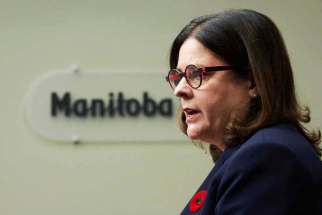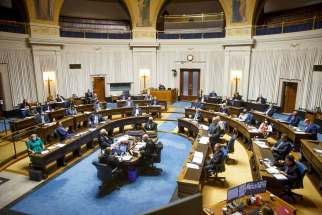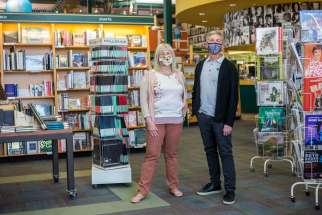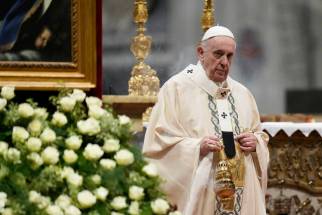Papal visit confirmation is one step
Read this article for free:
or
Already have an account? Log in here »
To continue reading, please subscribe:
Monthly Digital Subscription
$0 for the first 4 weeks*
- Enjoy unlimited reading on winnipegfreepress.com
- Read the E-Edition, our digital replica newspaper
- Access News Break, our award-winning app
- Play interactive puzzles
*No charge for 4 weeks then price increases to the regular rate of $19.00 plus GST every four weeks. Offer available to new and qualified returning subscribers only. Cancel any time.
Monthly Digital Subscription
$4.75/week*
- Enjoy unlimited reading on winnipegfreepress.com
- Read the E-Edition, our digital replica newspaper
- Access News Break, our award-winning app
- Play interactive puzzles
*Billed as $19 plus GST every four weeks. Cancel any time.
To continue reading, please subscribe:
Add Free Press access to your Brandon Sun subscription for only an additional
$1 for the first 4 weeks*
*Your next subscription payment will increase by $1.00 and you will be charged $16.99 plus GST for four weeks. After four weeks, your payment will increase to $23.99 plus GST every four weeks.
Read unlimited articles for free today:
or
Already have an account? Log in here »
Hey there, time traveller!
This article was published 02/11/2021 (1498 days ago), so information in it may no longer be current.
News that Pope Francis will visit Canada as part of the process of reconciliation with the nation’s Indigenous peoples has been hailed as an important gesture from the Catholic church.
The significance of this confirmation cannot be denied. But the visit itself will be meaningless unless the Pope uses the occasion to deliver that which Indigenous people — and, in particular, survivors of Canada’s residential school system and the descendants of those who did not survive — have been demanding for years: an apology from the church’s highest officer.
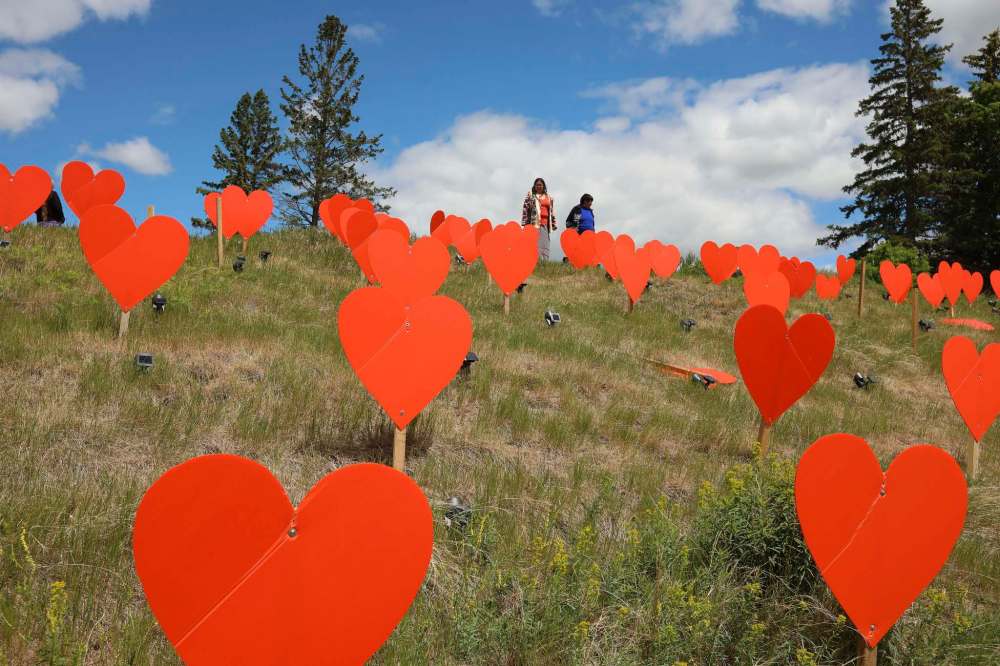
In response to the announcement that the Pope has accepted the invitation from the Canadian Conference of Catholic Bishops to travel here in the near future, Archbishop of Winnipeg Richard Gagnon expressed “great joy” and stated, “The Holy Father holds very close to his heart the suffering of Indigenous people. … He has shown a great interest in the disenfranchised and vulnerable around the world.”
One would reasonably expect nothing less. But what’s at issue is the Pope’s words and actions specific to the church’s involvement in Canada’s residential school trauma.
As has been mentioned in this space before, as recently as last month, there is clear precedent for the Catholic church — as represented by the Holy Father — expressing contrition and offering apology for wrongs done in other jurisdictions. In 2018, the pontiff offered a public apology in Dublin’s Phoenix Park for the thousands of children who were seized from their unwed mothers and forced into foster care. In 2015, the Pope apologized in Bolivia for the sins and crimes committed by the church against that nation’s Indigenous peoples.
And yet there has been a seeming reluctance on the part of the Catholic church and its Vatican-based leadership to take proactive steps to address wrongs done on Canadian soil. Despite reasonable requests — and more recently, fully justified demands — for a full papal apology, what has been offered by the Catholic church in regard to its role in residential school abuses might charitably be described as, at very best, half-measures.
But now, with a visit to Canada in the near future apparently confirmed (with exact date to be determined), the stage is set for what that trip necessarily must include.
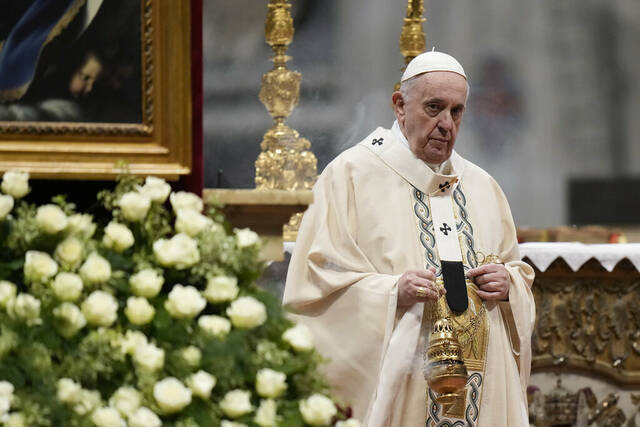
No. 58 of the 94 Calls to Action in the final report of the Truth and Reconciliation Commission of Canada states the Pope must “issue an apology to Survivors, their families, and communities for the Roman Catholic Church’s role in the spiritual, cultural, emotional, physical, and sexual abuse of First Nations, Inuit, and Métis children in Catholic-run residential schools.” It further notes that such an apology should be delivered in Canada.
The apology issued in September by the Catholic Bishops of Canada “to the Indigenous Peoples of This Land” was an important, albeit incremental, step. A scheduled meeting in Rome in December between the Pope and a delegation of Indigenous people is another.
And confirmation that Pope Francis will set foot on Canadian soil with the Indigenous/residential school issue as the stated purpose of the journey is a much larger and more significant step.
One more step — the largest, weightiest one; the only one that can make all those that preceded it relevant — remains. Only after it occurs can the process of reconciliation between the Catholic church and Indigenous peoples here be considered to have begun in earnest.
The time has come. The apology must be delivered by the Pope, in Canada.

